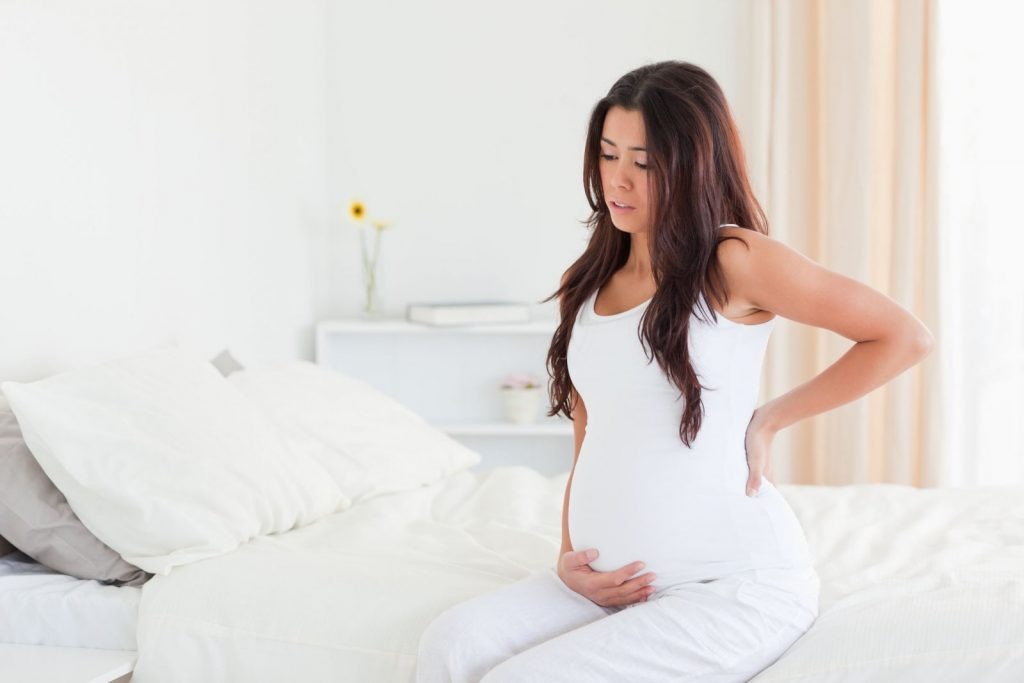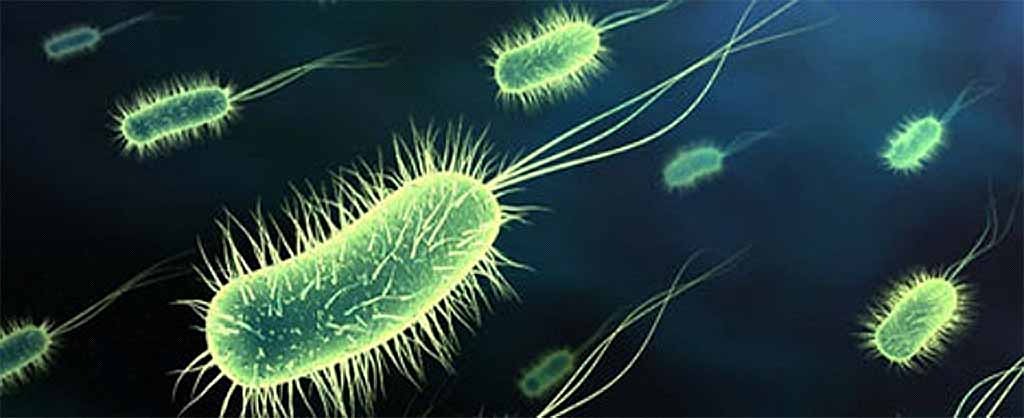What Causes Urinary Tract Infection During Pregnancy?
Posted By : Ellen

A urinary tract infection (UTI), also called bladder infection, is an inflammation caused by bacteria in the urinary tract. Pregnant women are at increased risk for UTI’s starting from week 6 to week 24.
Why are UTI’s common during pregnancy?
UTI’s are more common during pregnancy period due to changes in the urinary tract. Since uterus sits directly on top of the bladder, as the uterus grows, it can block the drainage of urine from the bladder, causing an infection.

Symptoms of UTI’s
The symptoms of urinary tract infection include the following:
- Pain or burning sensation while urinating
- The need to urinate more often than usual
- A feeling of urgency while urinating
- Mucus or in the urine
- Cramps or pain in the lower abdomen
- Chills, fever, sweats, leakage of urine
- Pain during sexual intercourse
- Waking up from sleep to urinate
- Change in amount of urine, either more or less
- Urine that is unusually strong with an odd smell
- Pain, pressure, or tenderness in the area of the bladder
- At adverse stages, bacteria may spread to the kidneys causing back pain, chills, fever, nausea, and vomiting.
How will the UTI affect my baby?

If left untreated during pregnancy, UTI may lead to kidney infection which in turn may lead to early labor and low birth weight issues. If proper treatment is given appropriately, a urinary tract infection will not cause harm to the baby.
How to detect the UTI?
A urinary tract infection can be detected by a urinalysis or by a urine culture.
How to treat Urinary Tract Infection During Pregnancy
UTI’s during pregnancy can be treated with antibiotics. Doctors usually prescribe a 3-7 day course of antibiotics which is safe to both mother and the baby. Consult the doctor immediately if fever, chills, nausea, lower stomach pains, vomiting and contractions occur after taking medicine and if the burning sensation still remains while urinating.
How to prevent a UTI?

The following measures can be taken into account to reduce the likelihood of UTI’s:
- Drink plenty of water: at least up to 6-8 glasses of water every day.
- Try to avoid refined foods, fruit juices, caffeine, alcohol and sugar in the diet.
- Taking Vitamin C (250 to 500 mg), Beta-carotene (25,000 to 50,000 IU per day) and Zinc (30-50 mg per day) may help to fight infection.
- Empty the bladder completely once you urinate and try to urinate as soon as when the need is felt.
- Urinate before and after intercourse.
- Avoid intercourse once you are under a treatment for UTI.
- After urinating, blot dry and keep your genital area clean.
- Make sure to clean the genital area from the front towards the back.
- Avoid using strong soaps, douches, antiseptic creams, feminine hygiene sprays, and powders.
- Maintain the hygiene by regularly changing underwear or pantyhose every day.
- Avoid wearing tight-fitting pants.
- Wear all cotton or cotton-crotch underwear and pantyhose.
- Don’t soak in the bathtub longer than 30 minutes or more than twice a day.



